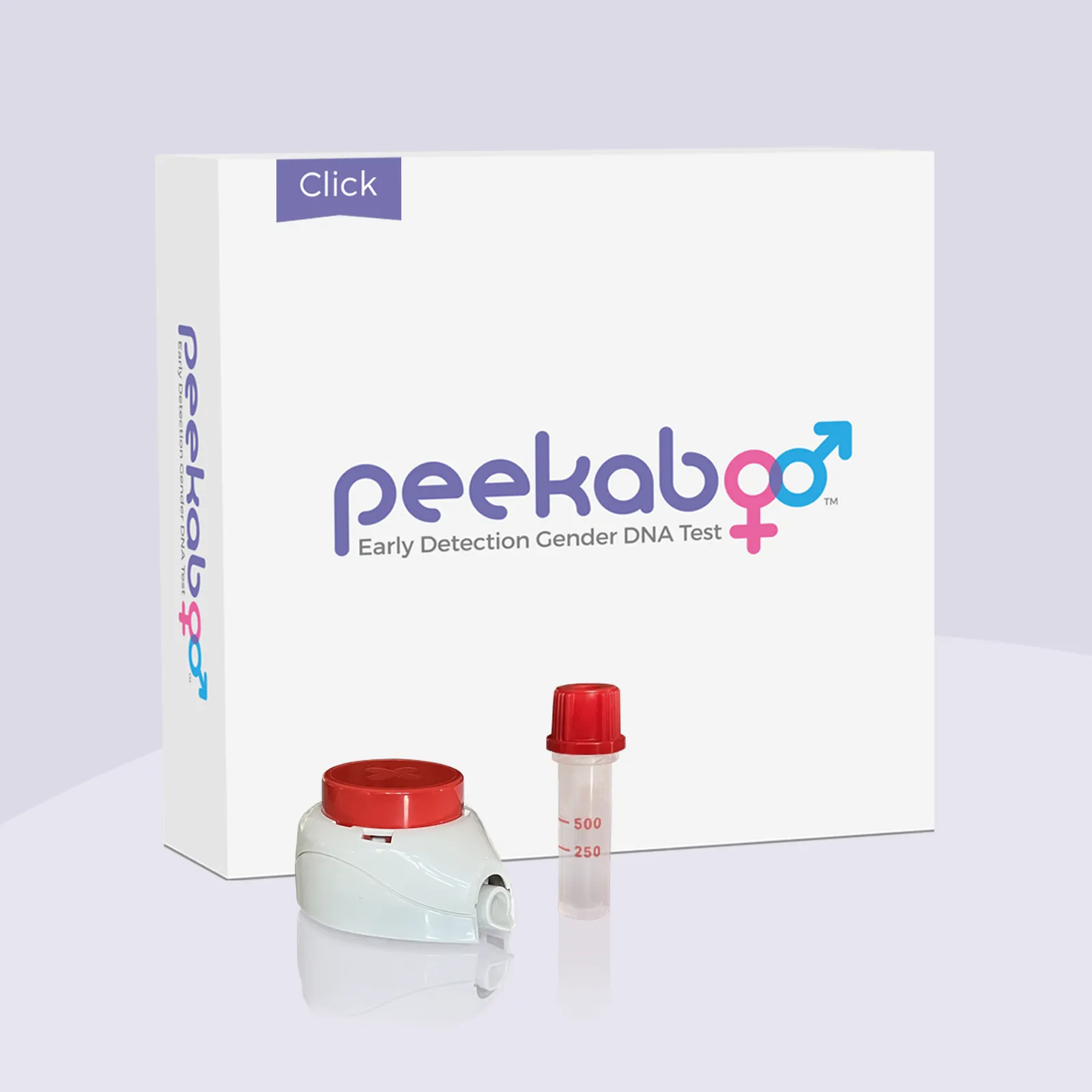It’s common to have questions and concerns when you’re pregnant, especially if this is your first child. After all, your body is going through significant changes and you want to do what’s best for you and your unborn baby. Some of the most frequently-asked questions involve nutrition, exercising, and what to do about troublesome symptoms when medication isn’t an option. It’s also natural for a first-time mom to worry about how much pressure a pregnant belly can take.
The Perfect Baby Carrier
The pear-shaped womb (uterus) is the perfect baby carrier due to its anatomical features. This exceptionally-strong muscle is designed to provide your baby with a safe, protected environment in which to grow. As your uterus expands, it works with the umbilical cord, placenta, amniotic fluid, and various bones and muscles to protect your baby. With that said, if you’re expecting, you should avoid things that can harm your unborn baby. Although the most obvious ones relate to alcohol and tobacco, activities that increase the risk of falls or abdominal injury should be avoided.
Bumping the Bump: Typically Harmless
If your pregnancy isn’t high risk, the following activities are generally considered safe for your bump and unborn baby:
- A boisterous hug from a 20- to 40-pound child bumping your belly isn’t anything to worry about. But in some cases, this could cause abdominal injury or a fall, so encourage toddlers not to run into you when they give you a hug.
- Likewise, dogs and cats that are in the habit of jumping up on you shouldn’t be cause for concern when they’re under 40 pounds. Larger dogs and any pets can cause you to trip, so be cautious to avoid falling.
- Chores around the house like mowing the lawn, gardening, and vacuuming are fine, but don’t climb ladders or work on uneven surfaces.
Trauma to the Bump: Use Extra Caution
If a physical blow applies excessive pressure to the womb, it may not protect your unborn baby. In the first trimester, it’s nearly impossible to injure your baby if you trip and fall. By the fifth month, your expanding uterus and growing baby bump may impact your balance and agility. While minor falls are typically nothing to worry about, more serious falls that injure your abdomen can cause harm.
Motor-Vehicle Accidents
Motor-vehicle accidents cause an estimated 48% of traumatic injuries to pregnant women. A small study on 35 pregnant women involved in motor-vehicle accidents at 22–39 weeks gestation found that frontal impact collisions were the least dangerous. Fifteen of the 35 women suffered mild symptoms and all the babies were delivered at term. Fifteen other women were involved in broadside collisions, including two who were riding a bicycle. Although they experienced uterine contractions or tenderness and some needed to be hospitalized, the accidents didn’t adversely impact pregnancy outcomes.
Proper seat-belt use reduces the risk of injuries to expectant moms and unborn babies in motor-vehicle crashes. The lap belt should be placed as low as possible under your baby bump and the shoulder belt between your breasts and over the mid-portion of your collarbone. To avoid serious injury, the American College of Obstetricians and Gynecologists (ACOG) warns to never put the shoulder strap under your arm or behind your back.
Sports with a Higher Risk of Falling or Abdominal Injury
Although moderate exercise is beneficial and associated with preventing excessive weight gain during pregnancy, expectant moms should avoid some recreational and physical activities. Gymnastics, downhill skiing, snowboarding, ice skating, vigorous racket sports, horseback riding, outdoor cycling, contact sports (e.g., ice hockey, soccer, or basketball), diving, bungee jumping, and rollerblading are too risky to participate in when you’re pregnant.
Now for the Fun Part!
When you use Peekaboo™, you can determine your baby’s gender as early as six weeks gestation! The Peekaboo™ At-Home Early Gender Test is easy, affordable, and accurate. That’s why it’s the only early baby gender reveal test endorsed by the American Pregnancy Association.
Ready to discover your baby’s gender?
Get the Peekaboo At-Home Early Gender DNA Test, proven to be over 99% accurate, and discover your baby’s gender as early as 6 weeks from the comfort of home!


